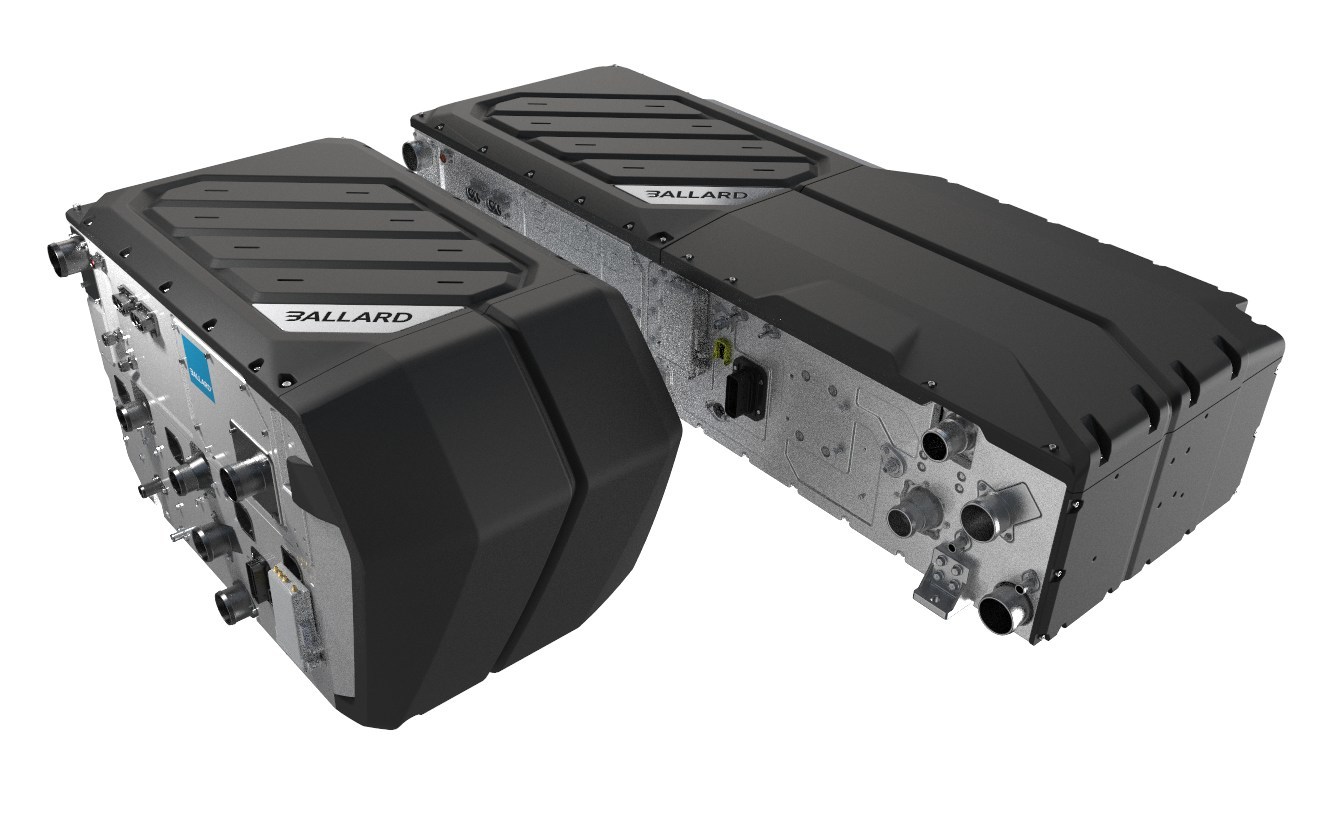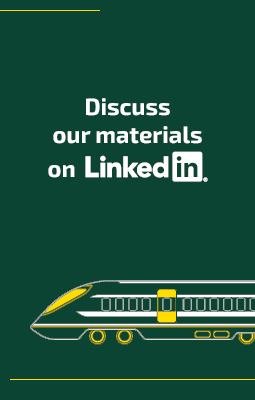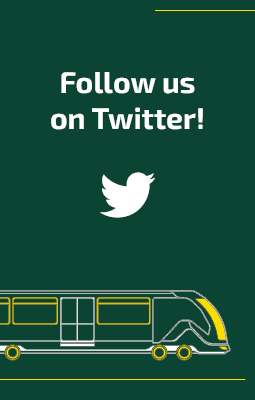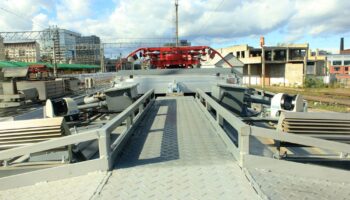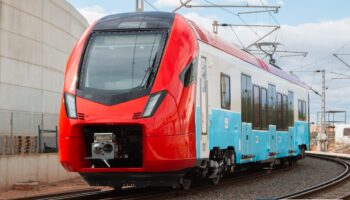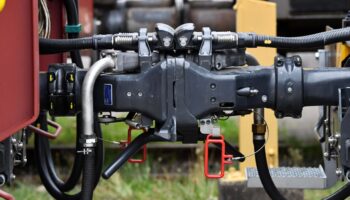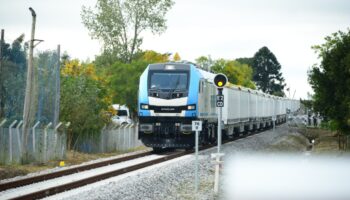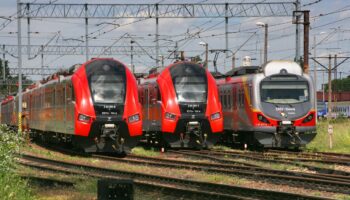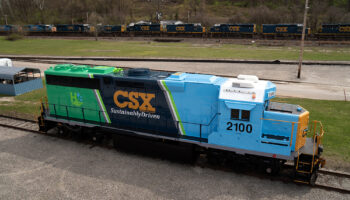USA: In September, the company received orders from three manufacturers at once – Siemens Mobility, Stadler, and Medha Servo Drives (MSD). It is planned to equip multiple unit rolling stock with fuel cells. Ballard is gaining market share from Hydrogenics (part of Cummins), which has long had a contract to supply fuel cells for Alstom’s Coradia iLint hydrogen train series.
At InnoTrans in Berlin, Ballard announced contracts with Siemens Mobility and Stadler. The initial order for Siemens Mobility includes 14 fuel cells of 200 kW each to power 7 Mireo Plus H trains. The delivery of the first units is expected to begin in 2023. Also, Ballard and Siemens Mobility signed a letter of intent to supply other 200 fuel cells over the next 6 years.
According to Ballard, the document includes “firm commitments” for the purchase of 100 fuel modules for Mireo Plus H, which could mean that orders for up to 50 hydrogen trains will soon come to Siemens. The hydrogen-powered Mireo Plus H train was presented by Siemens and Deutsche Bahn in May this year. Prior to this, in February, the NEB operator of Germany made the first order for the supply of 7 two-car trains of this type. It is planned that the rolling stock will begin to be put into operation at the end of 2024.
Also, Stadler placed an order for the supply of 6 FCmove-HD+ fuel cells with a capacity of 100 kW each to complete one FLIRT H2 train. The train itself was first unveiled at InnoTrans and is to enter service in 2024 on a 14 km line between the US city of San Bernardino and the university complex. The contract also provides for the possibility of further cooperation in fuel cell deliveries.
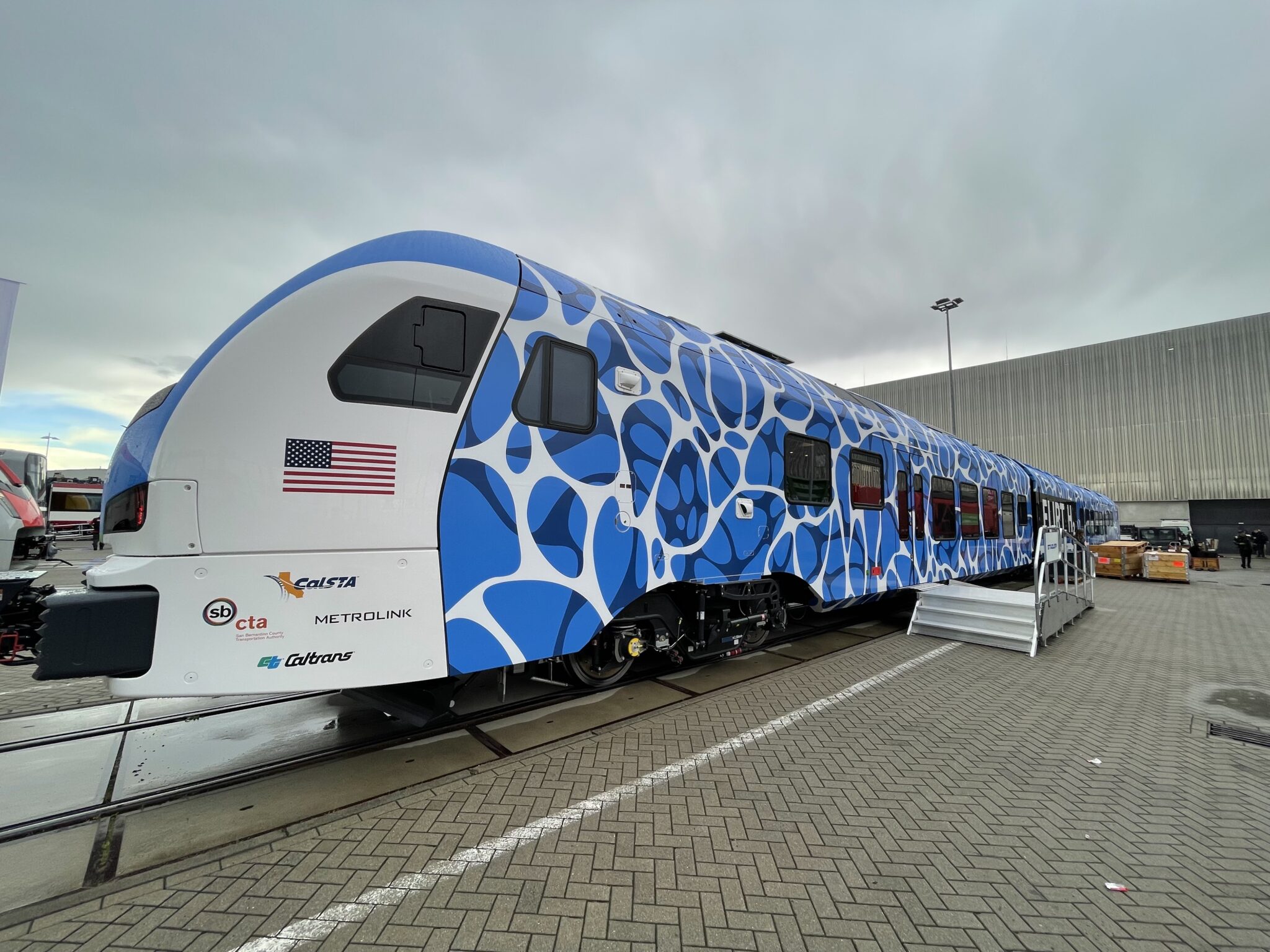 FLIRT H2 hydrogen train by Stadler at InnoTrans 2022. Source: railway-news.com
FLIRT H2 hydrogen train by Stadler at InnoTrans 2022. Source: railway-news.com
Stadler currently has an order for only one FLIRT H2 train in its backlog, but the Swiss producer expects to exercise an option to supply 4 trains to the San Bernardino County Transportation Authority. In addition, during InnoTrans, Stadler has signed an MOU with the California State Transportation Agency (CalSTA) and California Department of Transportation (Caltrans), which is considering acquiring additional 25 hydrogen trains.
Ballard also received an order from the private MSD producer in India to supply 8 FCmove-HD+ fuel cells of 100 kW each for the country’s first hydrogen-powered trains. This spring, MSD won a tender by Indian Railways to upgrade two diesel trains to hydrogen power. According to the Indian media, the company will receive about $8.8 mln USD for that project. The fuel cells are planned to be installed on the rolling stock in 2023 so that trains could be put into operation in 2024. Hydrogen trains by MSD are expected to operate on the 89 km Sonipat-Jind line in northern India.
There is also a demand for Ballard hydrogen fuel modules from locomotive owners and producers. At the beginning of this year, Ballard received an additional order for 8 hydrogen modules of 200 kW each from CP Rail in Canada. The equipment will be used as a part of the Canadian operator’s project to convert 3 diesel locomotives to hydrogen traction. Previously, Ballard had already delivered 6 of these modules to the operator last year. In addition, Ballard fuel cells are installed on the SM42-6Dn shunters by Pesa.
Hydrogenics and Toyota also have cases of fuel cell delivery for multiple unit rolling stock in their portfolio. The most common hydrogen train, Coradia iLint by Alstom, uses two Hydrogenics fuel cell modules of 200 kW each, according to VDE. Alstom already has firm orders for more than 60 such trains. In turn, Toyota supplied 6 fuel cell modules for the Civia 463 three-car train by CAF as part of an experimental project to convert the train to hybrid traction powered by fuel cells and catenary.
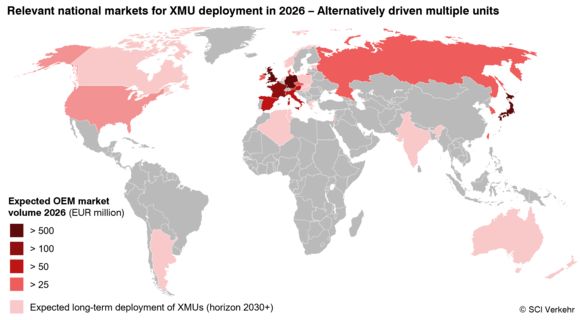 (enlarge)
(enlarge)
However, as to SCI Verkehr, the significant demand for hydrogen and battery multiple unit traction until 2026 is awaited in only 7 countries. Thus, €500+ mln orders for such multiple units are expected to be fulfilled in Germany, Great Britain and Japan. The consultants note that orders in France will exceed €100 mln: in fact, experts do not expect additional demand over the contract for 12 trains for €190 mln that was signed by Alstom and SNCF in 2021. Also, demand in Austria, Spain and Italy is estimated at the level of single orders for small batches of trains.
According to SCI Verkehr estimates, fuel cell and battery train deliveries will account for 15% of the total €16.2 bln global multiple units market in 2026, but the experts state that the growth of the market in the nearest years will be significantly caused by the high inflation rate.





